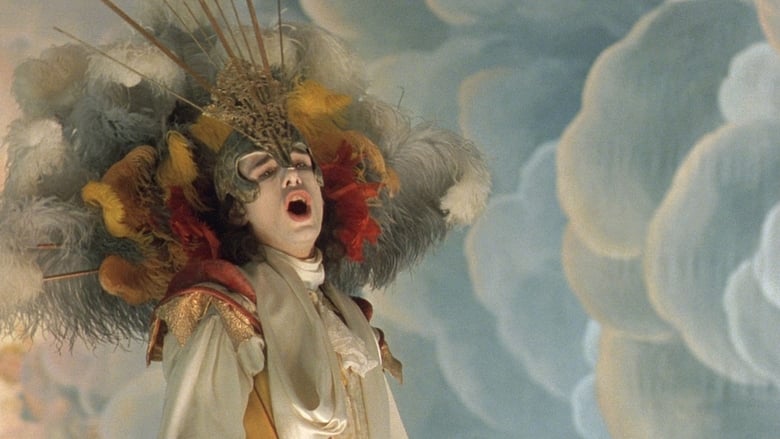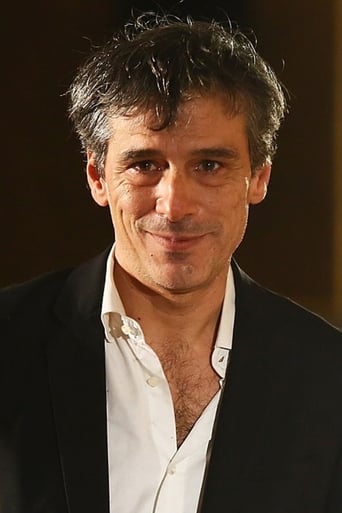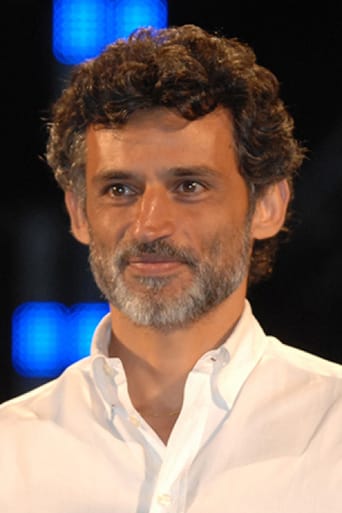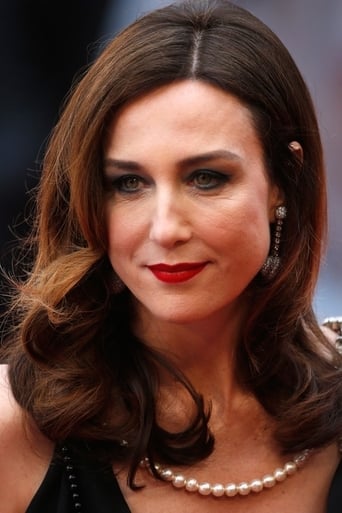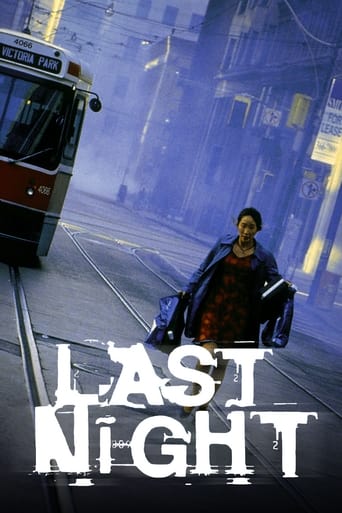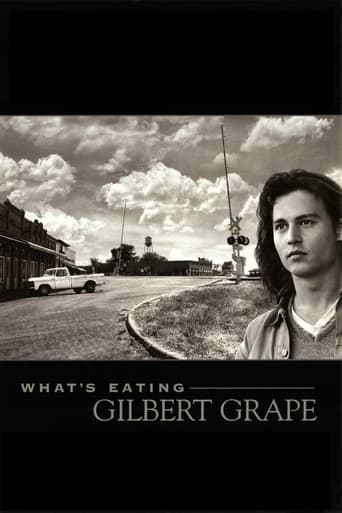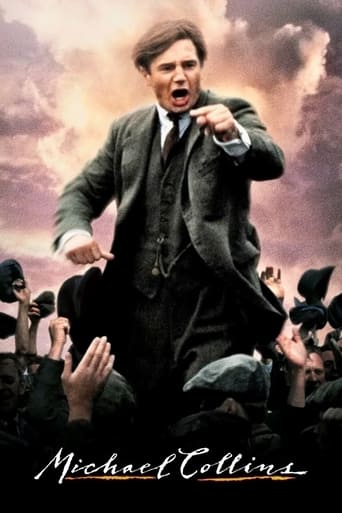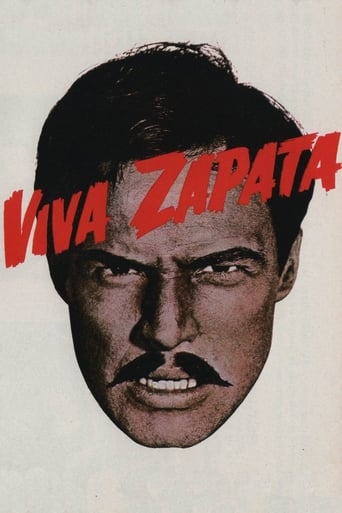Farinelli (1994)
The life and career of Italian opera singer Farinelli, considered one of the greatest castrato singers of all time.
Watch Trailer
Cast
Similar titles
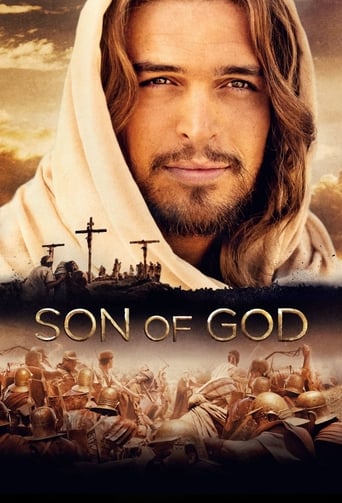
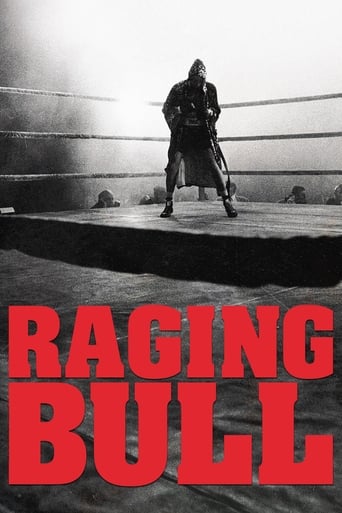
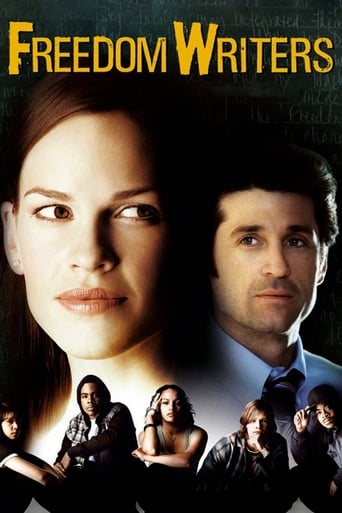
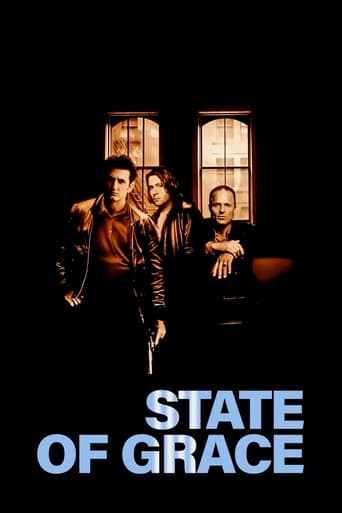
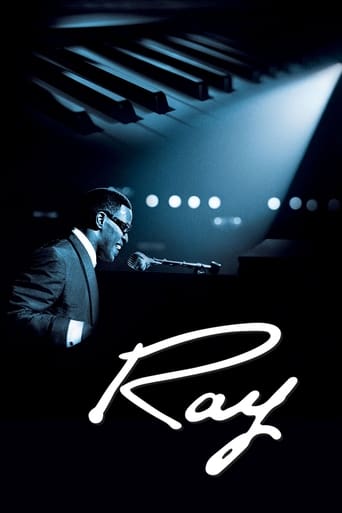
Reviews
One of my all time favorites.
Just what I expected
Fun premise, good actors, bad writing. This film seemed to have potential at the beginning but it quickly devolves into a trite action film. Ultimately it's very boring.
A terrific literary drama and character piece that shows how the process of creating art can be seen differently by those doing it and those looking at it from the outside.
Farinelli may not to me be perfect, the sex scenes do get too much and I didn't find the lip synching to be anywhere near convincing as you can tell that the singing was not coming out of the actor. There are plenty of positives though. I personally did find the drama engrossing, true it isn't faithful from a historical standpoint, then again I can't think of any biopic of a musician or composer that didn't take some kind of liberty with the truth, but Farinelli is an emotionally-charged film and there was plenty of that. That is also true of the writing, which flows well and didn't feel jarring. The film looks spectacular, the costumes and sets are gorgeous to look at and is shot and directed beautifully. I have no faults with the music either, it is so good that my appreciation for early music further grew. The singing is equally wonderful, the scene in the theatre with the long high note was unbelievable. Stefano Dionisi is magnetic in the title role, Enrico Lo Verso brings intensity to the role of the "less talented" brother, Marianne Cellier has a very expressive face and Jereon Knabbe gives one of his best ever performances positively relishing his role as Handel(even if you question whether Handel was really like that). All in all, a very good film, fascinating and a visual and musical feast. 8/10 Bethany Cox
Something seems strangely amiss with what could have been a fascinating historical glimpse into the world of the castrati (castrated male opera singers) in 18th-century Europe. This 1994 Belgian film is an opulent production full of stunning costumes and set decorations, but director Gerard Corbiau is far more focused on the co-dependency between two real-life brothers, Carlo Broschi, the swoon-worthy castrato known to the world as Farinelli, and his marginally talented composer brother Riccardo. Although there are glimpses of the castration that occurred when Carlo was ten, the narrative deals very little with the psychological anguish of this act, instead showing extravagantly vainglorious scenes of Farinelli's impact on audiences at the time. It's as if the story structure of the Baroque operas written at that time took over the sensibility of the screenplay and trivialized the human complexities into exaggerated melodrama.Despite a valiant effort by Stefano Dionisi in the title role, Farinelli is portrayed as a moody, self-centered egotist rather than a misunderstood artist. Compounding the problem is the fact that his masculine speaking voice is at odds with his ethereal singing voice (obviously a creative decision so as not to alienate the general audience from the character's plight). Moreover, the computerized melding of countertenor Derek Lee Ragin and soprano Ewa Mallas Godlewska into Farinelli's voice simply does not sync up well with Dionisi's lip and throat movements. In other words, you simply don't believe it's Dionisi's voice coming out of him. When the film finally takes flight in the last third of the film, it's because the focus has shifted to the competitive, intense relationship between Farinelli and the great composer of the age, Handel. Jeroen Krabbe - familiar to American audiences for his nasty turn as Barbra Streisand's condescending husband in "The Prince of Tides" - plays Handel with such passionate fury that I wish the film was more about his character. This sequence climaxes with the film's musical highlight, a trio of wonderful, truly classic arias from Handel's "Rinaldo".Unfortunately, the remaining musical performances are not nearly as absorbing and rather repetitive. The film again flails toward the end when we are given a rather silly scene involving a solar eclipse and gratuitous nudity with a ménage a trois among Farinelli, Riccardo and Alexandra, the woman who is - quite literally - between them. The remaining performances are fine with Enrico LoVerso conveying his Salieri-like inferiority with appropriate fervor, Elsa Zylberstein beguiling as Alexandra and Caroline Cellier doing a fine Jeanne Moreau impersonation as the jaded Margareth Hunter. Overall it's still a relatively disappointing movie saved by Handel's musical genius. Except for a few trailers, there are no extras with the DVD. For those interested in the world of the castrati in more penetrating detail, I suggest reading Anne Rice's 1982 novel, "Cry to Heaven", and the "Rinaldo" arias are better served by countertenor David Daniels and mezzo-soprano Cecilia Bartoli on their 2002 cast recording conducted by Christopher Hogwood.
I was quite intrigued by the scenery in the film. I also like the acting. The actors in the film were perfectly chosen. They fit right into their characters. One thing I didn't like about the movie was that whole brotherly thing in the movie. They kept saying that they had a pact or something like that to the women. And the opera was nice to a point, but then I just kept forwarding. It was the same thing over and over again, but to different tunes. If you like operas and, Italian and French actors, this movie is worth seeing. I give it an 8.5 out of 10.
Farinelli is not nearly as awful as I feared it would be. It's similar in many ways to Amadeus. Like Amadeus, it has glorious music beautifully performed. Like Amadeus, it tells a good (if melodramatic) story. Like Amadeus, it has a marvelous period feel. Like Amadeus, the characters in this story have the names and occupations of real people, but their portrayal on the screen is not even caricature: a caricature necessarily starts with something recognizeable.Farinelli was famous in history not merely for a phenomenal voice and outstanding musicianship and musical connoisseurship, but for poise, dignity, and perfect-pitch judgement of human character; he is portrayed throughout as a hysteric. Handel is shown as a pompous, bullying nervous wreck verging on the psychotic, quite at variance with all reliable accounts of his humor, sturdiness, practicality, and reputation for scrupulous probity toward his musicians and singers.Handel could not have said, to Farinelli, during the latter's first sensational season with the Opera of the Nobility, that he would never write another opera, and not just because Handel was no faux-Freudian opera queen: Lady History inconveniently discloses that after that 1733-34 season Handel composed and presented Ariodante, Alcina, Atalanta, Giustino, Arminio, Berenice, Faramondo, Serse, and Imeneo; his last opera, Deidamia, went unperformed, but several in that list were significant successes, and some were revived more than once.The two rival opera companies in London went down the drain more or less simultaneously, notwithstanding the enormous draw of Farinelli for the Nobility company, and notwithstanding the high quality of the music of its principal composers (Porpora, Hasse, undervalued today) and the stupendous quality of Handel's music (also undervalued); rather, the people with the money to afford the (by our standards) enormous ticket prices had simply lost interest.One commentator here is skeptical about many "period" details. And rightly: for starters, that's not the way boys were castrated, but you don't need to know the truth. Relax, just enjoy the music and the costumes and the actors chewing the scenery.

